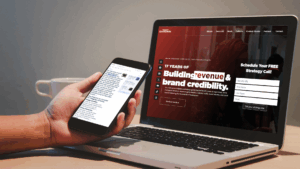What happens when the World’s wealthiest individual purchases an influential social media site, used by over 300 million people and 83% of the world’s leaders? The Advertising World takes notice.
Elon Musk— co-founder of Paypal, aerospace company, SpaceX and investor and CEO of electric car manufacturer, Tesla— made an unsolicited and unprecedented bid to buy the influential, sometimes controversial, social media network, Twitter for $44 billion. The bid was unanimously accepted and is expected to close in 2022. Twitter will become a privately held company completely owned by Elon Musk.
Roughly 66% of US companies with over 100 employees use Twitter for their marketing agendas. According to Mike Proulx, VP, Research Director at Forrester, a marketing research firm, Musk at the helms of Twitter could spell disaster for the advertising world: “If Elon decides to loosen content moderation policies, he puts Twitter ad dollars at risk. Allowing users to say anything they want could turn the platform into a mainstream Gab. Brands are becoming more conscious of the adjacency to risk content or disinformation, so they may take their dollars to other channels with greater safety measures in place.”
TWITTER + FREE SPEECH
Twitter generated more than $4.5 billion in advertising alone in 2021, up from $3.2 billion the previous year. In a press statement, Musk declared, “Free speech is the bedrock of a functioning democracy, and Twitter is the digital town square where matters vital to the future of humanity are debated. I also want to make Twitter better than ever by enhancing the product with new features, making the algorithms open source to increase trust, defeating the spam bots, and authenticating all humans. Twitter has tremendous potential – I look forward to working with the company and the community of users to unlock it.” Musk holds two degrees from the University of Pennsylvania— Economics and Physics—- and went on to Stanford University to pursue a graduate degree in Physics, only to drop out two days later to co-found Paypal, where he made roughly $180 million. He went on to Tesla in 2004 and initially invested $6.3 million. Now currently ranked No. 100 on the Fortune 500 list, the company turned a profit for the first time in 2020. Tesla’s current equity capital is above $1 trillion, a feat only a handful of companies have achieved.
The debate of Elon Musk’s ability to run a company successfully isn’t the issue for advertisers, or even his propensity to making rash and risky decisions, the issue is free speech and how words spoken freely will affect advertising dollars— will freedom of speech turn people away and make all advertising dollars spent at Twitter wasted? To many marketers and advertising executives the answer is yes. The ad world worries that without a governing power at Twitter that holds controversial commentary at bay, many users will turn away, leaving a proverbial black hole for advertising content and campaigns. According to Danielle Wiley, Chief Executive, Sway Group, “A lot of users have been threatening to leave the platform, which could be very alarming to advertisers who have sponsored content initiatives scheduled.” If that happens many advertisers will turn to alternate social media platforms. A report from Insider Intelligence states that TikTok’s ad revenue is projected to triple this year to $11.64 billion up from $3.88 billion in 2021, surpassing Twitter and Snapchat, becoming a true rival to the mega social app YouTube.
Alex Watts, head of Social, DDB Sydney sees Elon Musk as a detrimental force for brands, with so many alternatives for advertisers in the social arena, the fear is that Twitter will follow in the footsteps of MySpace and Tumblr. “For brands, there are really two big watch-outs from Elon buying twitter – safety and community,” Watts states, “Will the hard work the platform has done to be a brand safe space be committed to or left behind, and will brands be comfortable with the new editorial direction of the channel? From a community perspective, we have to wonder what changes will happen to Twitter’s user base under Musk’s ownership, and if that audience will remain as valuable to marketers as they are right now. Twitter has a relatively low user base compared to Meta or TikTok, but has always provided outsize cultural impact – will that stay the same? Changes in both these spaces will only appear over time, but we have to consider other great social network takeovers – such as Tumblr or MySpace – that failed to gain momentum under different leadership. The people are what make these platforms successful at the end of the day, and we’ll see if the people who use Twitter will appreciate Musk’s vision.”
BIG CHANGES APPROACHING
Conversely some see Musk’s new leadership at Twitter as an exciting and possibly profitable turn of events. “Elon being Elon, I am assuming there will be some changes that are rolled out. While he marches to his own beat, his reputation for innovation is well earned and may bring exciting opportunities to the platform that accelerate growth,” stated Erica Patrick, Senior Vice-President, Director of Paid Social, Mediahub.
In an interview with Newsweek, Shama Hyder, CEO of Zen Media and digital marketing expert, sees the Twitter scenario playing out differently than MySpace— a social media platform that was out-preformed and over taken by Facebook— and Tumblr— the short-form blog site, eventually bought by Yahoo and quickly dissipated under the new leadership. Hyder argues that Musk is different in this situation in that he “lives and breathes and eats on Twitter. He is immersed on the platform.” Hyder further espoused to Newsweek that Twitter “serves a very different audience. The way people engage there for the community that they have. It’s not Tumblr, it’s not Myspace, and to be honest, it doesn’t have a lot of competitors.” But Hyder does agree on one point with many advertisers and marketers, that at the end of the day, no one really knows for certain how any of it will play out. Hyder goes on to say, “you only have to follow the dollars, right? Is how many businesses continue to advertise and play along versus businesses that say, ‘you know what, we’re not okay being on this platform anymore’. So I think that is also yet to be seen, but these are the challenges that are much more unique to Twitter.”
According to Elliot Altilia, Group strategy director at Mint, “Musk’s Acquisition of Twitter Marks a New Era of Social Media Marketing.” Musk has promised to halt paid advertising on Twitter, which has been a battle for the company. Altitia goes on to say,
“Elon Musk’s takeover of Twitter will fundamentally change how brands market on social media…While year-over-year ad revenue has continued to increase, ad engagement decreased by 12%, resulting in a 39% increase in the cost per engagement in 2021. Indeed, Twitter’s entire purpose was to provide a forum to react to the latest news, something that’s extremely difficult for brands to do authentically and quickly.”
Since Musk has made it abundantly clear that his goal is to make speech free at all costs, Altilia advises that “marketers will have to wait and see if Twitter can still be leveraged to help build their brands. One thing is clear: brands’ approaches to social media will be forever different.”
With anticipation for what is to come, we are staying up to date on the latest changes in social media and digital marketing. Let’s get social! Give us a follow on Instagram to stay updated, or to chat about your thoughts on Twitter’s next chapter.













